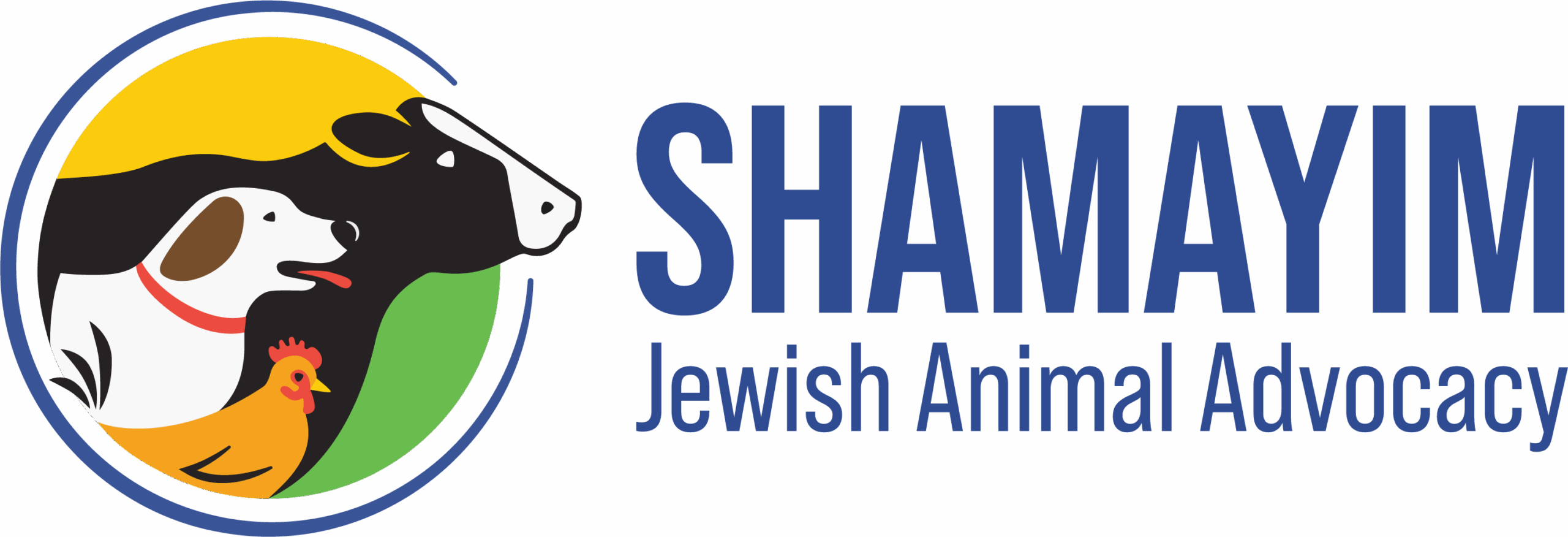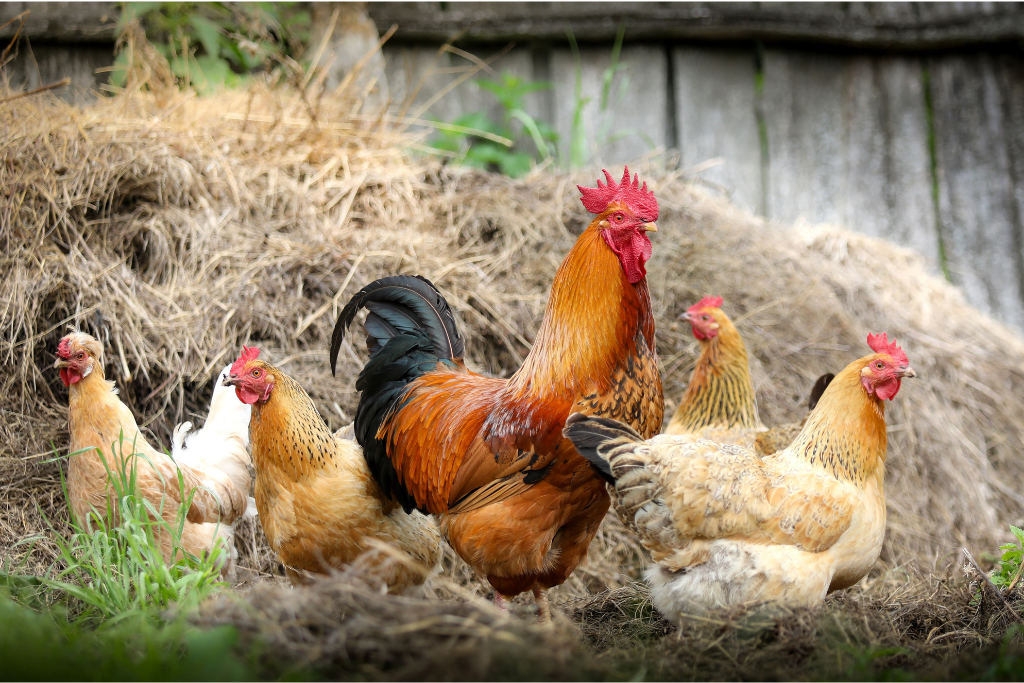June 2nd, 2021
ALEX WEISZ
Plant-Based Torah – Parashat Shelach Lecha: Courage or Curses
Legendary Los Angeles rapper Kendrick Lamar made history with his 2017 album Damn, which became the first rap album to be honored with the Pulitzer Prize for Music. It is a groundbreaking record, a work of modern midrash – it’s narrative arc is nearly identical to the book of Jonah, the parable of the man who attempts to flee from his Divine calling. Throughout the work, Lamar expresses the various crises of faith brought upon by being a prophetic voice through his music: amplifying a message of righteousness and justice, while having the limitations of being a mortal man who is inherently flawed, shaped by his imperfections. This cultural and theological masterpiece opens with the central question of our time: “Is it wickedness? Is it weakness? You decide: are we gonna live or die?”
At the start of this week’s Torah portion, things are looking very good for the Israelites. As they make their way towards the Promised Land, God commands Moses to send a group of scouts to cross the borders and explore the land. This is a puzzling request – surely God is aware of the going-ons in the land, and could answer Moses’s questions regarding the military strength of its inhabitants and the quality of the soil. In fact, God has already assured the Israelites of their future military conquests over the very fertile land several times already! It would appear, given the circumstances, that the Israelites are being tested. Moshe sends 12 scouts, including the famous Caleb and Joshua, into the land. Forty days later, they returned to report to the entire community. Their report begins positively, confirming the land’s quality agricultural capabilities, but they quickly insist that the inhabitant peoples are very mighty, with large fortified people. Caleb reassures the worried Israelites that they will overcome these hurdles, but is undermined by his fellow scouts, who have now seeded doubt throughout the Israelites. The Israelites collectively panic, accusing God of taking them out of Egypt only to be slaughtered in battle, and that perhaps they should return to their houses of slavery. Joshua and Caleb continue to encourage faith to the other Israelites, but their rallying cries are ignored.
After experiencing numerous miracles – the ten plagues, the parting of the sea, being sustained by mannah, revelation at Sinai – this generation of Israelites is still incapable of having faith. Despite being guaranteed victory, the Israelites are unwilling or unable to muster up the slightest courage to inherit their birthright. Instead, they choose the horrible conditions they know versus the delightful conditions they do not yet know, because they are simply not brave enough to implement the measures guaranteed to bring them to the Promised Land.
Due to their lack of courage and unwillingness to experience the discomfort of change, this generation is forbidden by God to enter the land of Israel. Thanks to their bravery and simple faith, only Caleb and Joshua merited to live to enter the land, alongside the next generation – one that was raised specifically with the objective of entering the Promised Land.
Sadly, we see this phenomenon far too often in our own generation. Despite the environmental challenges that we face, we have the miracle of knowing exactly what steps to collectively take as a species, alongside the technological capacity to implement them, to mitigate the most horrifying effects of the Climate Crisis. Unlike the Israelites, our scouts have unanimously reported to us the changes we need to make collectively in order to avoid dying in the desert. We know that we must rapidly transition to sustainable energy and to overhaul our food supply away from the cruel and wasteful factory farming system that kills trillions of animals annually. We have the necessary solutions at our disposal, to implement on the personal and collective levels – and yet, due to the fear of many and the greed of few, too little is being done. Out of a fear of change, the comfort of the status quo, far too many are incapable of taking the easy, but necessary leap of faith in order to save our world from calamity. These poor souls are further manipulated by the powerful, greedy interests who are enabled to line their pockets as much as they can, at the expense of the near-future of the world. The lust for flesh, dairy, and eggs, as well as the financial capital it creates for agriculture tycoons, will cause our generation to die in the desert. Fear and greed will doom us all.
Following this generation of Israelites being doomed to die in the wilderness instead of in the Promised Land, a very famous commandment is given: for the Israelites to attach fringes to the corners of their garments – the tzitzit attached to the prayer shawls used to this day, and worn by observant Jews at all times. Most of the Torah’s commandments are not given explanations by God – however, this one is presented openly: “look at [your fringe] and recall all the commandments of the LORD and observe them, so that you do not follow your heart and eyes in your lustful urge. Thus you shall be reminded to…be holy to your God.”
Perhaps there is no more relevant mitzvah in our time than to wear tzitzit – to be regularly reminded to reject our lustful desires to destroy and to dominate, to deny the realities in front of our faces, to blind ourselves from the discomfort with how our favorite meals got to our plates, and the price our world pays for it. Having the courage and simple faith to implement necessary changes at the expense of our appetites is what will keep our generation from dying unceremoniously in the desert. Unlike our ancestors in this week’s parsha, however, a more courageous generation will not have the opportunity to make better choices: our children and their children will not be spared from our failure.
Like our ancestors, the necessary path to redemption is clearly marked and right ahead of us! The question is whether we will have the courage and faith to follow it, or if we will succumb to our lusts.
Is it wickedness?
Is it weakness?
You decide:
Are we gonna live or die?


Leave a Reply